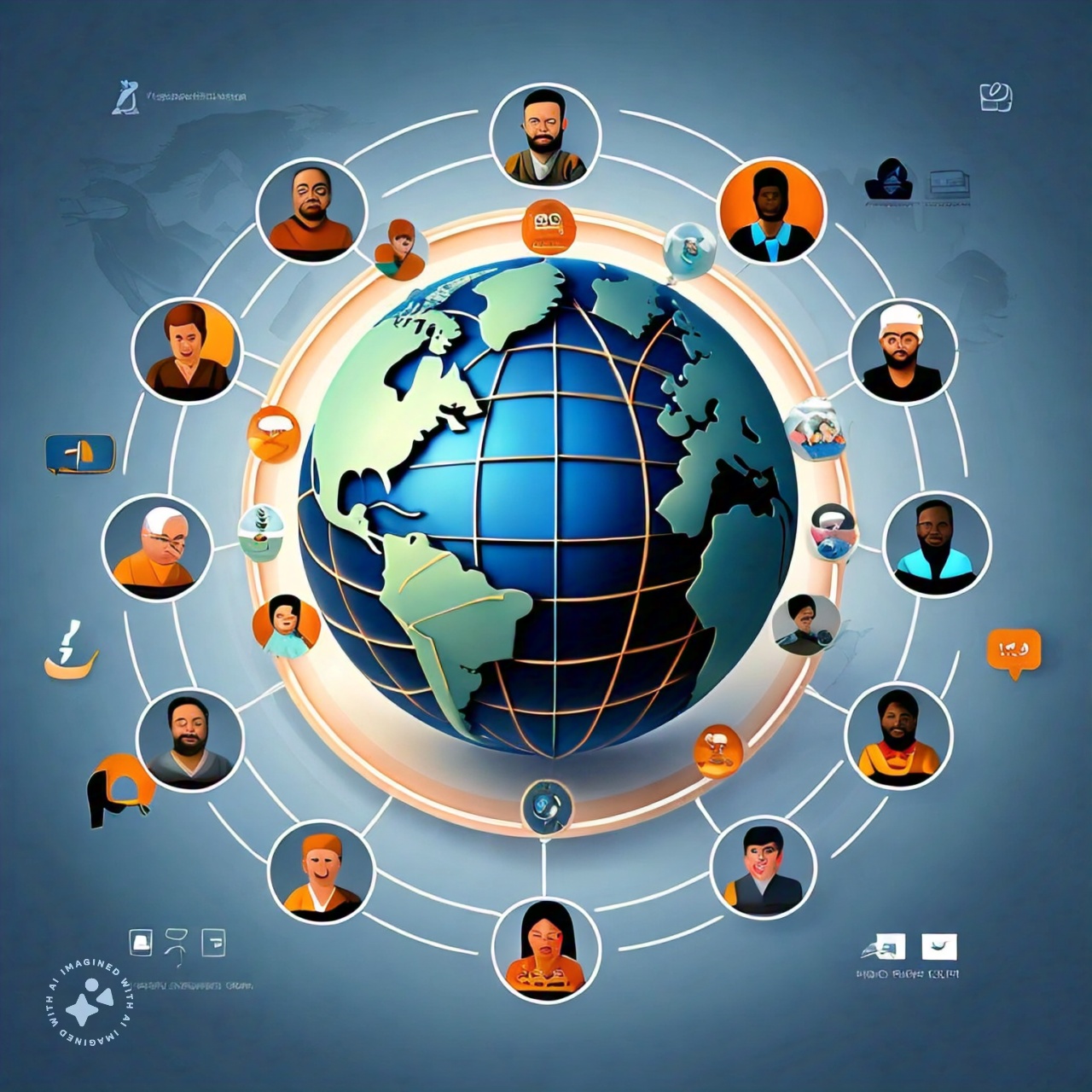Democratizing Web3 Education: The Rise of Decentralized Certification
Syndicated article By Web3Certification.com
The Need for Inclusive Web3 Education
The Web3 ecosystem is growing rapidly, with new innovations and applications emerging every day. However, the current state of Web3 education is largely centralized and inaccessible to many. Traditional certification programs and training platforms often require significant resources and privilege, limiting the diversity of the Web3 community. This lack of inclusivity hinders the ecosystem’s potential for innovation and growth.
Decentralized Certification: A Solution to Inclusivity
Decentralized certification programs are revolutionizing Web3 education by providing accessible and inclusive pathways to skills development. Blockchain-based credentialing and decentralized learning platforms are empowering individuals from diverse backgrounds to acquire Web3 skills and build careers in the field. These initiatives prioritize community recognition, peer validation, and transparent verification, ensuring that certifications are earned and recognized by the Web3 community itself.
Examples of Decentralized Certification Initiatives
IXO: A decentralized credentialing platform using blockchain technology to verify and recognize skills and achievements.
Learning Economy: A decentralized learning platform offering courses and certifications in Web3 development and related fields.
Web3 Foundation: A non-profit organization providing grants and support for decentralized education initiatives.
Benefits and Challenges
- Decentralized certification offers numerous benefits, including:
- Increased accessibility and inclusivity
- Reduced costs and barriers to entry
- Community-driven and peer-recognized credentials
- Transparent and tamper-proof verification
- However, challenges persist, such as:
- Ensuring quality and recognition of decentralized certifications
- Addressing equity and inclusion in Web3 education
- Balancing decentralization with regulatory compliance
- Mitigating potential risks and security concerns
The Future of Web3 Education
The convergence of Web3 technologies and the Metaverse is poised to revolutionize education. The Metaverse offers a virtual platform without physical limitations, enabling immersive learning experiences. Web3 technologies, such as blockchain and NFTs, ensure transparency and decentralization in education. VR and AR enhance learning by providing immersive experiences, while data analytics in the Metaverse personalizes learning experiences.
Web3 technology also enhances teaching-learning processes through AI, Metaverse Blockchain, and IoT (Blockchain Council). Learners actively participate in content creation, aided by advanced online teaching tools. Decentralized education in Web3 fosters a strong portfolio of credentials stored securely on blockchain. DAOs are transforming education by sharing power and value among learners.
The Takeaway
Decentralized certification is a crucial step towards democratizing Web3 education. By providing accessible and inclusive pathways to skills development, we can build a more diverse and vibrant Web3 community. Embracing decentralized certification initiatives and addressing the challenges they present will be essential to unlocking the full potential of Web3.
